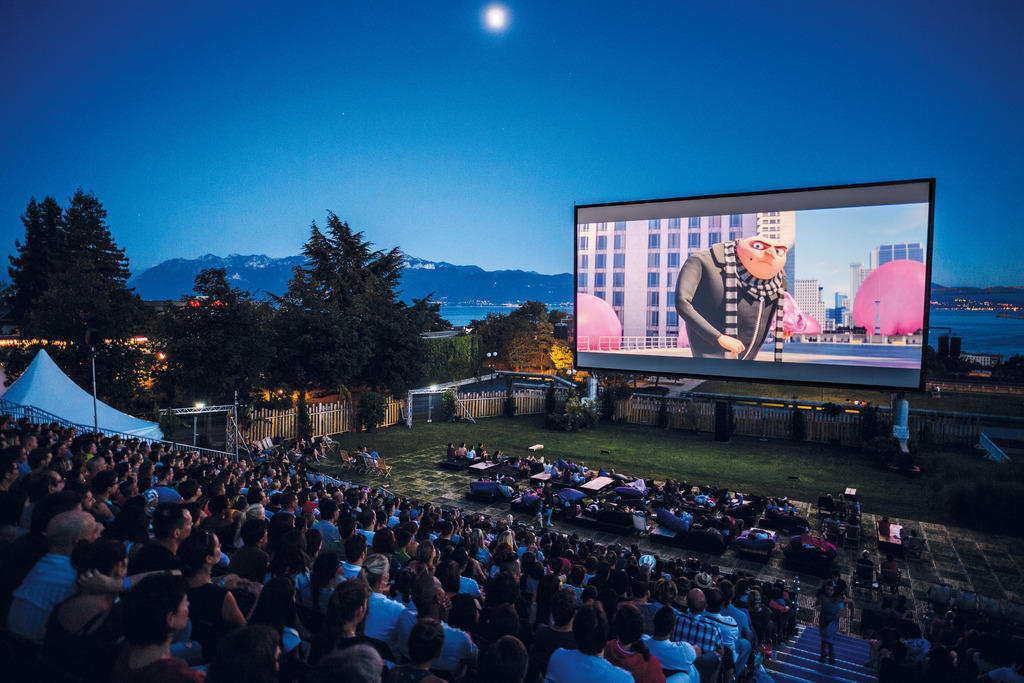
Swiss cinema celebrates a divine year

With a market share in Swiss cinemas of 6.6% in 2017, Swiss films had their best year since the record year of 2006, when homegrown films attracted 9.6% of all cinemagoers.
The most successful Swiss film was the Swiss-German comedy, Die göttliche Ordnung (The Divine Order), which tells of Switzerland’s belated and reluctant recognition of women’s right to vote, eventually granted in 1971.
+ A guide to Swiss cinemas, film festivals, directors, actors and award-winning films
+ What type of film draws the Swiss to the cinema?
The film, written and directed by Petra Volpe, sold 345,000 tickets and was the fourth most successful film overall (behind “Star Wars: The Last Jedi”, “Despicable Me 3” and “Fast & Furious 8”).
A total of 1,917 films were shown in Switzerland’s 271 cinemas (and 581 screens), the highest number for almost 30 years, the Federal Statistical Office reported on Thursday.
The number of screenings also increased, by 5%, to around 600,000. However, only around 50 films made up half of all screenings – responsible for around 60% of the total 13.5 million tickets sold.
The average Swiss went to the cinema 1.6 times in 2017, paying on average CHF15.20 ($16) a ticket.
Here is a comparison of where all of the films in Swiss cinemas last year came from – and which films cinemagoers actually watched:

In compliance with the JTI standards
More: SWI swissinfo.ch certified by the Journalism Trust Initiative




























You can find an overview of ongoing debates with our journalists here . Please join us!
If you want to start a conversation about a topic raised in this article or want to report factual errors, email us at english@swissinfo.ch.